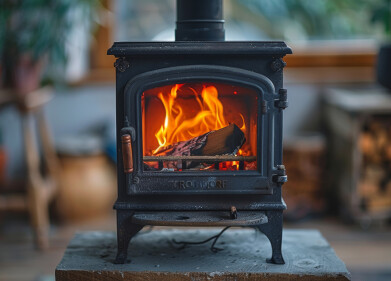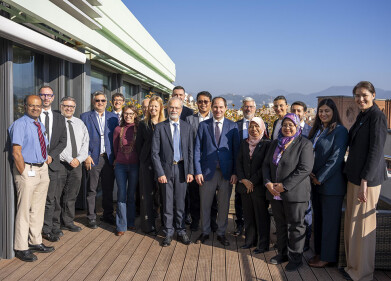Air clean up
India’s Pollution Problems Require Long-Term Change
Dec 19 2016
Companies which sell air purifiers and pollution masks have spoken out against the apathy of the Indian government and the wilful ignorance of the Indian populace, claiming that long-term incentives are required if the country’s woeful air quality situation is to improve.
The companies stated that both the Indian people and the government only recognise that air pollution is a problem on extreme days, when it should be being addressed all of the time.
The world’s poorest air?
India in general, and New Delhi in particular, have struggled with air quality issues for some time now. Three years ago, the capital was named as the most polluted city in the world (usurping Chinese cities which had long held the undesirable accolade), while Indian cities regularly dominate the top 20.
Indeed, a recent assessment of nitrogen oxides (NOx) over Delhi highlighted just how unclean the city’s air really is. For all that, the situation is rarely given credence either by citizens or government until a crisis occurs.
The most recent incident occurred late last month when the Diwali festival of lights led to elevated levels of pollution across the city for almost two weeks. Statistics showed that concentrations of particulate matter 2.5 (PM2.5) – one of the deadliest toxins – reached levels of 900mg/m3. That’s 15 times the average levels for India and a staggering 36 times the level deemed as “safe” by the World Health Organisation (WHO).
In response, the Indian government banned the sale of firecrackers in Delhi and its surrounding environs. However, critics of the regime have claimed that reactive measures such as these will do little to tackle pollution on a long-term basis.
“A panic-driven market”
Jay Kannaiyan, chief of air purification company Smart Air, says that resistance to recognition of the problem was widespread from the outset and is still ongoing. Indeed, when India first replaced China as the most polluted country in 2013, the generally-accepted belief is that pollution only affected foreigners, not the native population.
“There was a strong defiance. ‘I’m born and brought up in Delhi. This doesn’t affect me,’ was how people saw the pollution problem,” explained Kannaiyan, before going on to say that the recent Diwali crisis has put paid to that theory. “This year, that’s gone out the door. Middle-class, even lower-middle-class Indians are looking at air purifiers.”
Even so, Kannaiyan says there is much work to be done before the issue is treated with the seriousness it deserves on a permanent basis, rather than just when pollution levels spin out of control. “Right now it’s a completely a panic-driven market,” he said. “People are only buying when it’s so horrendous that they can’t see their own hand in front of them.”
It’s ironic that Kannaiyan and his counterparts are the ones who stand to benefit from air pollution most (through the sale of purifiers and pollution masks), but it is they who are championing the environmental cause most vocally in India. If their call is not heard soon, it may be too late to resolve the country’s ever-worsening air issues.
Events
Feb 05 2025 Nantes, France
Feb 16 2025 Kampala, Uganda
Feb 26 2025 Chennai, India
Feb 26 2025 Tulsa, OK, USA
WATERTECH CHINA (GUANGDONG) 2025
Mar 05 2025 Guangdong, China












